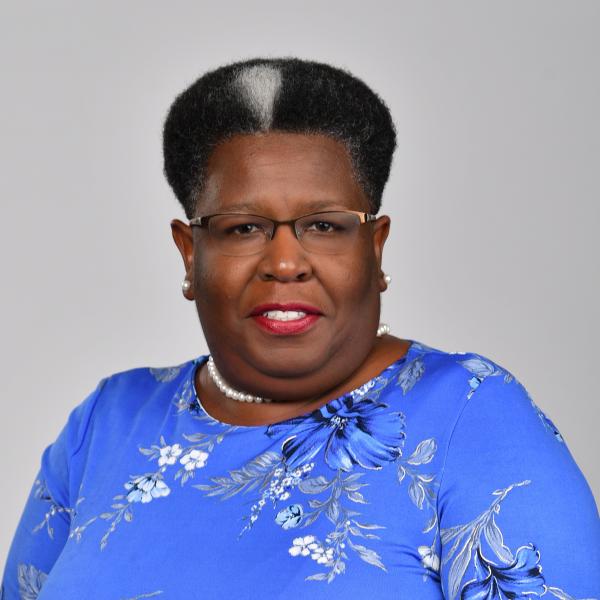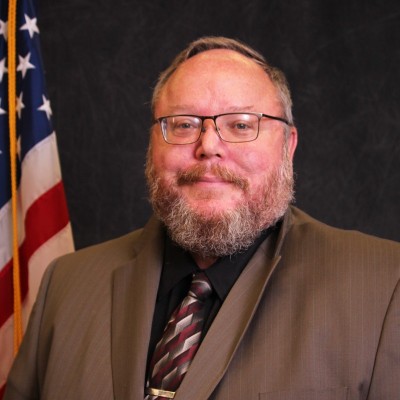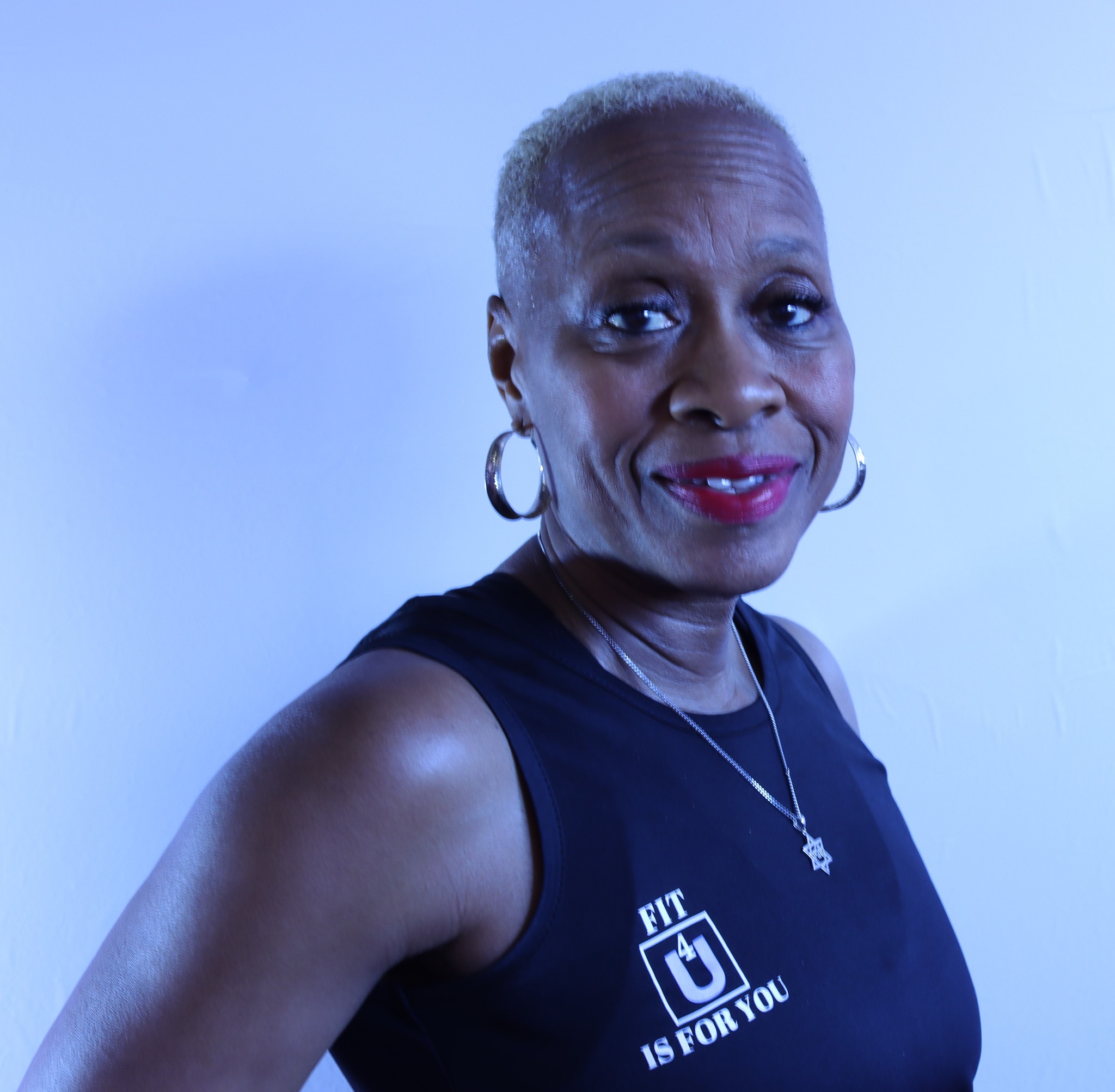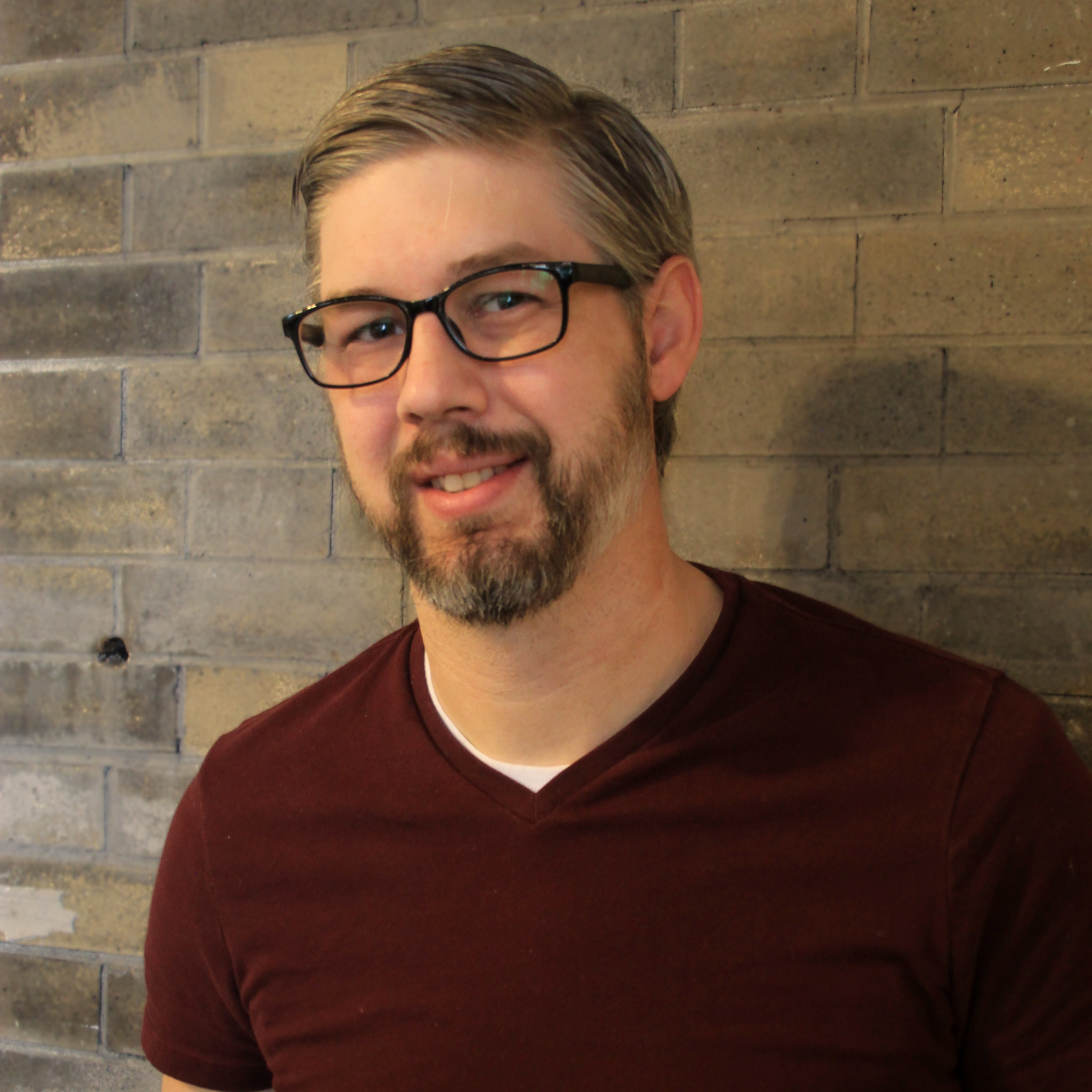Self-Care Leads to Excellent Client Care
Leeward 74-75
Speaker(s):
Description
We have all heard the flight attendants’ instructions of putting our own oxygen mask on first before helping someone else. It makes sense, but we often don’t follow this very basic rule in our own lives. We go into a supporting role to help someone live their best life. We want our clients to feel valued, loved, supported, and empowered. However, it is hard to give what you don’t have. The best way to help your clients is to ensure you have the tools to value yourself.
Whether you like it or not, your clients look up to you and often strive to be just like you. If they hear you putting yourself down, running yourself down, or utilizing bad habits to keep yourself down they may begin to model some of this behavior. People believe what you do more than what you say. Building a client up with your words won’t have the same impact as building them up through role modeling what having valued, empowered life looks like. Be the change you want to see in your clients.
Objectives
1. Discuss the impact staff have on their clients.
2. Utilize this impact for the purpose of building clients up.
3. Review tools to change your thought patterns.
4. Discuss to how treating yourself with dignity and respect leads to treating others the same way
5. Describe how progress is better than perfection.




